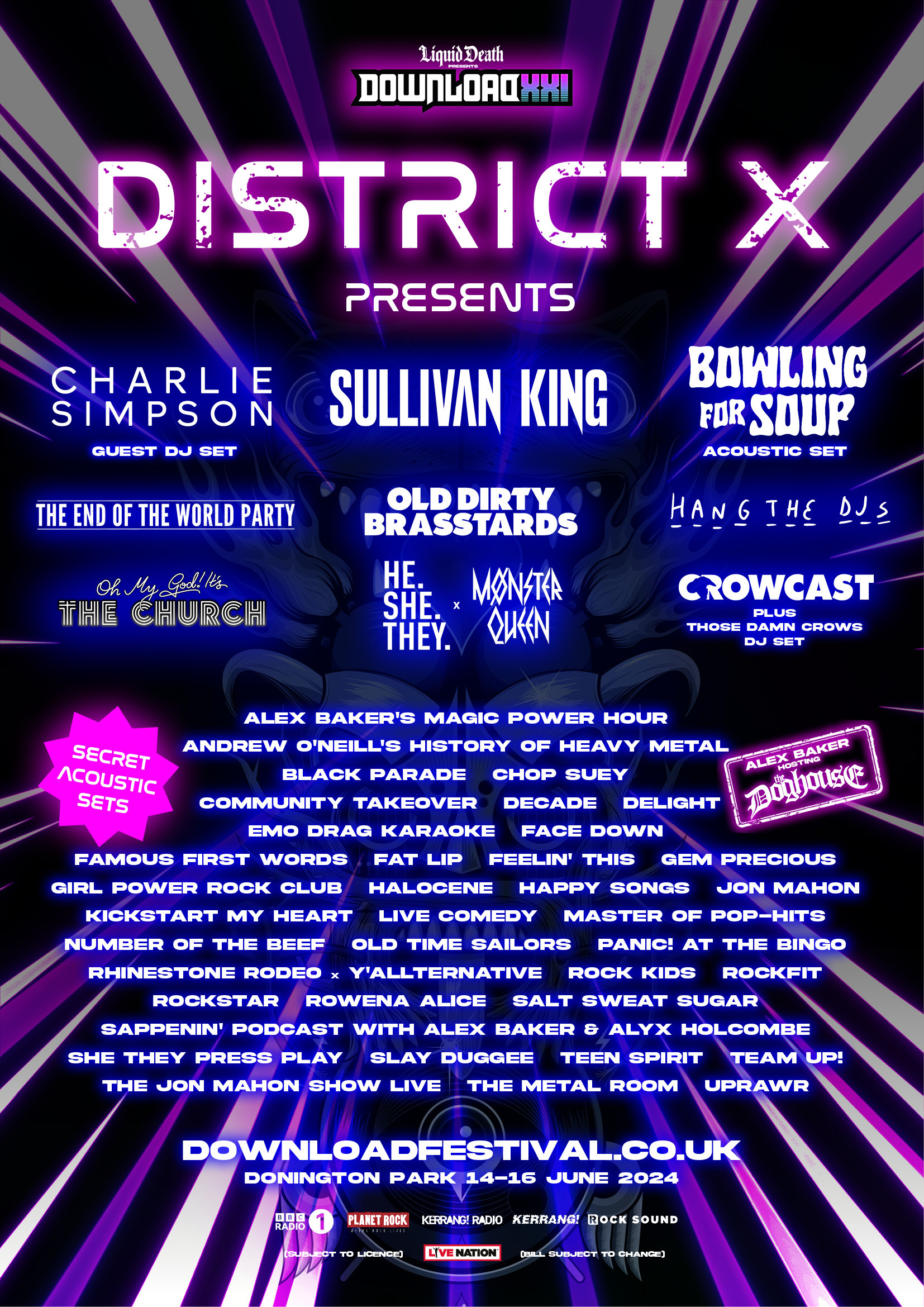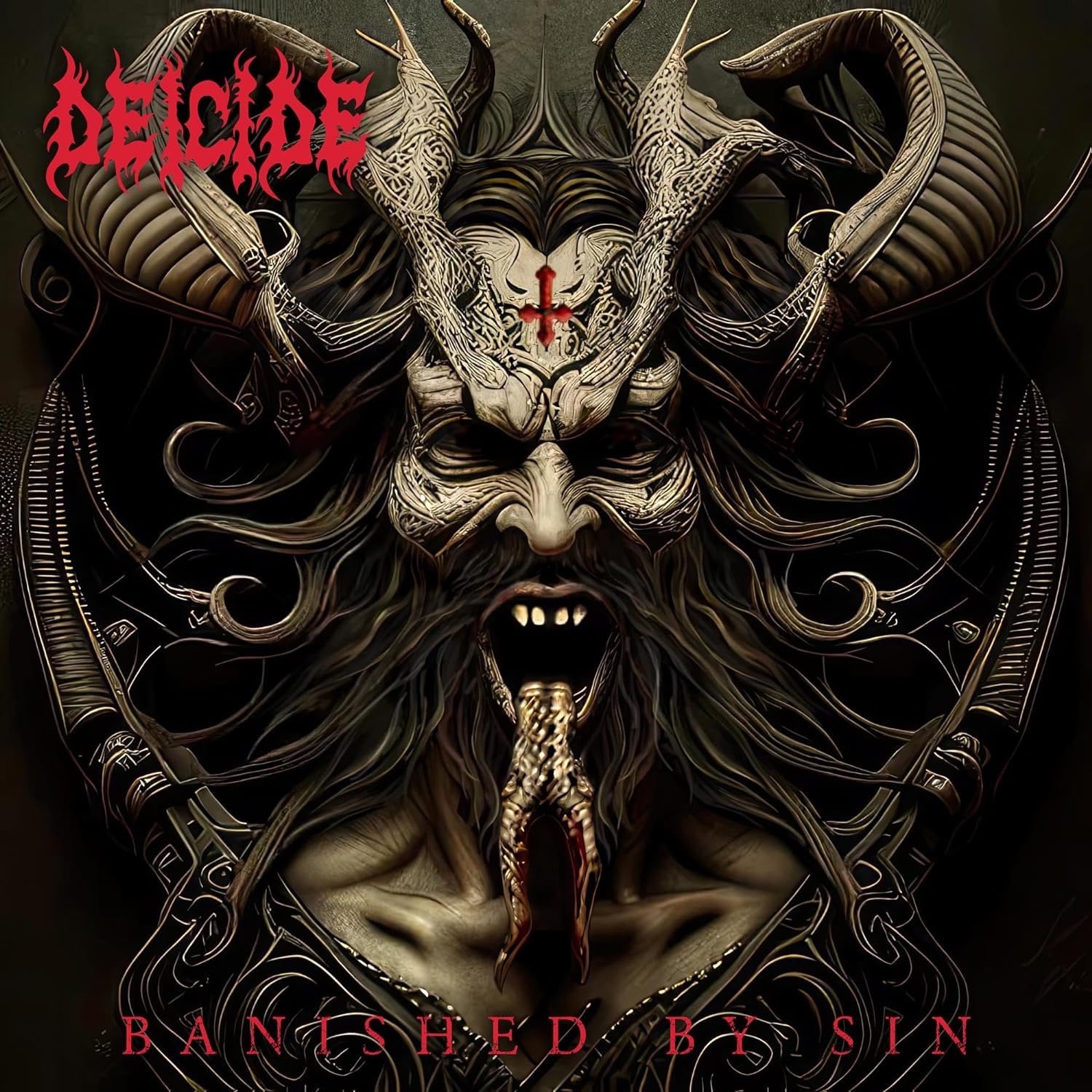Even the mightiest of bands can make a misstep, and Dream Theater, after a worthy run, finally came unstuck on the ambitious, but ultimately dull double set the astonishing. A hard record to sit through, it simply failed to ignite in the way that Dream Theater fans have come to expect, and the story-line lacked sufficient depth to carry the music on its own. It is, therefore, with considerable relief that distance over time, the band’s fourteenth studio album, kicks off with the forceful untethered angel, immediately placing the band’s latest effort in a heavier realm altogether. It’s not just the fact that the album is heavier, however. Distance over time sees Dream Theater exercising considerable restraint over the course of the ten tracks on offer, the focus clearly on crafting songs that resonate with the audience. It is a staggering success.
At only six minutes, Untethered angel steps away from overly convoluted structures and focuses on delivering a kick-ass opener with plenty of exemplary musicianship, trimmed back just enough to allow the melody to shine without becoming lost. The whole band sound incredibly fired up, and James LaBrie’s vocals have an edge to them that really helps to drive the song forward. Maintaining the brisk pace, paralyzed is even shorter (a mere four minutes) and it is Mike Mangini who shines here, delivering a pulverizing rhythm over which John Petrucci hangs his gritty riffing. With a strong melodic line running through it, paralyzed harks back to systematic chaos with a hint of Queensryche for good measure, the band all pulling together in the same direction to deliver an instrumentally exceptional, yet musically accessible , set of tracks that will have fans on the edge of their seats. Perhaps even more surprising, Fall into the light opens with the sort of riff that you might expect from Kiss, and if Mike and the band pull it in increasingly progressive directions via a complex battery of Metallica-inspired thrash, it doesn’t detract from the pure rock ‘n’ roll spirit that inhabits those opening notes. A longer song, fall into the light is also the first track that sees Dream Theater allow themselves more space in which to unwind, and a gorgeous, prog-infused mid-section allows Petrucci to offer up a brilliantly harmonised solo that provides the track with its emotional core. From the stunning guitar work through James’ powerful vocals, the results are impactful to say the least and the way the heart-rate increases as the track builds towards its finale sys much about the Dream Theater of 2019. They’re still taking the listener on a journey, for sure, but now that journey is more akin to a roller coaster, with white-knuckle moments around every twist and turn. Next up, the stair-stepping riff of Barstool warrior paves the way for a traditional Dream Theater prog-rocker washed through with hints of Rush and early Genesis. A gloriously progressive piece of music with a stately solo at the outset, barstool warrior mixes hard riffing with lighter, airier verses dominated by the keyboards of Jordan Rudess. Although still musically dense, it allows for a moment’s pause and, when Jordan takes to the grand piano, the band are content to step back and let the beauty of the moment shine through. The first half comes to a crushing close with Room 137, a sub-five-minute blast of evil riffing underpinned by the creeping bass of John Myung. One of the heaviest Dream Theater tracks since train of thought, room 137 is a metal meltdown that will slay live.
Opening the album’s second half, S 2 N is a startlingly ambitious track that shifts from hyper-active progressive metal to jazz and back without ever losing sight of a typically melodic chorus. The musicianship here is astounding and the track as a whole probably stands as the single best example of the heights which the Mangini-powered Dream Theater can reach. If anything, the nine-minute saga, at wit’s end, is even more adrenalin-charged than that which has gone before. Kicked off by a dizzying riff from Petrucci, when it does settle to a more accessible tempo, it still packs a mighty punch, and if the chorus indulges in a touch of pathos more familiar from the last few albums, the pay-off is a none more brutal bridge that explodes into life as John and Jordan trade riffs and solos like the fiery-fingered wizards they are. Of course, every Dream Theater album has to have a ballad, and with out of reach, it’s clear that the band have lost none of their taste for delicate, piano-led tunes. Short and sweet, with some impressively restrained guitar work, it allows for some respite amidst all the blood and thunder, but for those who find Dream Theater’s balladry overly lachrymose, out of reach with its saccharine chorus and aching strings will do little to dispel the feeling. With an eerie start, the album’s final track, pale blue dot, is an exercise in taut, symphonic brutality complete with John Williams motifs (think the Imperial March) and blazing fret-work. It brings the album to a deeply satisfying conclusion, marking the end of one of the finest Dream Theater albums in years. However, for those who buy the physical version, we’re not quite done yet as a four-minute bonus track is appended to the digi-pack version. Viper King is a bouncy, keyboard-led rocker that sounds like Deep Purple filtered through the gargantuan PA of Metallica, and it’s a fine bonus that (along with the additional artwork) is well worth having.
That Dream Theater are exceptional musicians goes without saying. However, the most recent pair of albums seemed to forget the sheer visceral thrill that comes from a band playing for their lives and the astonishing in particular felt mired in the comfort zone of major label support. Distance over time in contrast seems almost entirely stripped of self-indulgence. Although the band continue to amaze with their technical proficiency, here that proficiency is tethered to a set of remarkable songs that are both expressive and memorable. In one single leap, Dream Theater have become essential once more and Distance over time builds impressively on the promise of Mangini debut a dramatic turn of events. A blazing, life-affirming set, distance over time sees Dream Theater once more at the very top of their game. 9.5











Leave a Reply